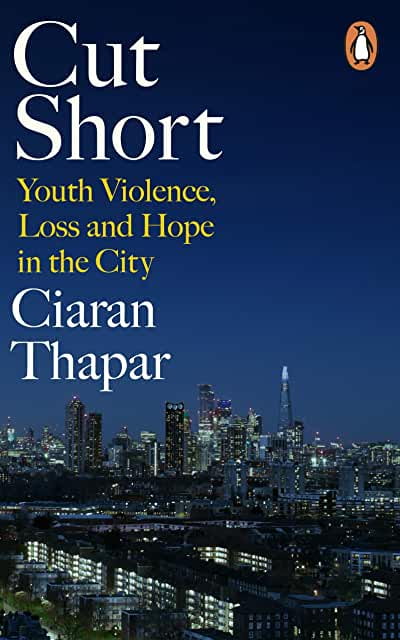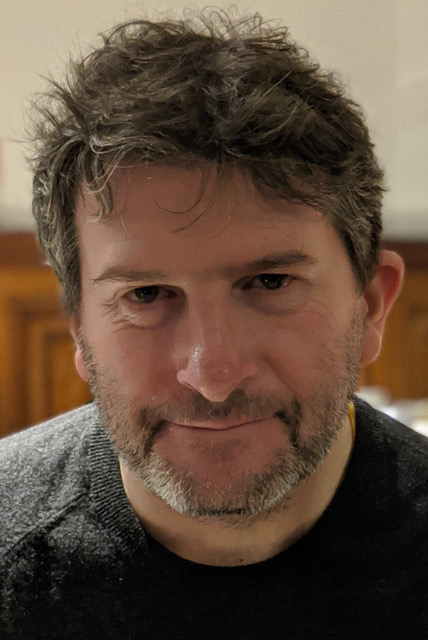By Lucie Langevin
Language classes “rich & intense” like the taste of Italian coffee
Learning a new language opens up a whole new world to you, and this is precisely what I love! I will keep learning until I am fluent. I want to achieve a level where it feels natural to speak Italian.
My name is Lucie Langevin and I am a Marketing Executive with an award-winning Italian villa rental company, based in London.

Lucie Langevin
At City I took an Italian Lower Intermediate short evening course.
I’m passionate about languages and have always loved Italian culture: the country, the history, the art, the cinema, the food… To me, learning Italian is about understanding this culture better and gaining insight into what makes the country and its inhabitants tick.
When choosing a class, what matters most to me is what I personally get out of the course and my own learning curve. I care about my knowledge of Italian being recognised as an extra skill that I have gained from a reputable provider. Therefore, when choosing the Italian course, I looked into classes available in my area, read reviews and compared options. City did not disappoint and the course went beyond my expectations.
What I enjoyed most about the course was getting a true feel of Italian culture. Every Thursday I looked forward to my two hours of Italian and always left the class feeling motivated and enlightened.
Veronica de Felice is a great tutor: an authentic Italian with a wonderful sense of humour, always in a good mood and keen on pushing us to learn more and get the best from her teaching.
She regularly went beyond the basics and varied the content of the lessons so that each class would be rich and intense. She always included a bit of everything: culture, grammar, speaking, writing, interactive exercises, homework to practise and prepare for the class… a great balance of activities and a very encouraging attitude towards us, her students.
We were very lucky to be in a small group, which is the best environment to learn a language. This meant we got to know each other very well. The interactive style of our exercises encouraged this even further. All the other students were also very motivated, which created the perfect atmosphere for learning, sharing experiences and interacting together in Italian.
I also enjoyed that we weren’t just taking a theoretical class: we were conversing and exchanging a lot, about life, interests, jobs and got along so well together as a group with the tutor and the other students. I looked forward to my class every week!
I always try to practise what I have learnt in my daily life. At work I feel better integrated and my Italian colleagues love it that I take an interest in their language and culture. I speak Italian with them, can understand them speaking on the phone and don’t need a translator to read emails written in Italian. I also try to pick up new vocabulary by listening to Italian radio and reading the news online.
Learning a new language opens up a whole new world to you, and this is precisely what I love! I will keep learning until I am fluent. I want to achieve a level where it feels natural to speak Italian. I want to travel even more to experience the culture and speak the language in ‘real life situations’. And I want to be able to read books and watch movies in Italian… I’m excited!
Lucie studied City’s short evening course in Lower Intermediate Italian.
For more about our short language courses, visit our web page.






















Recent Comments